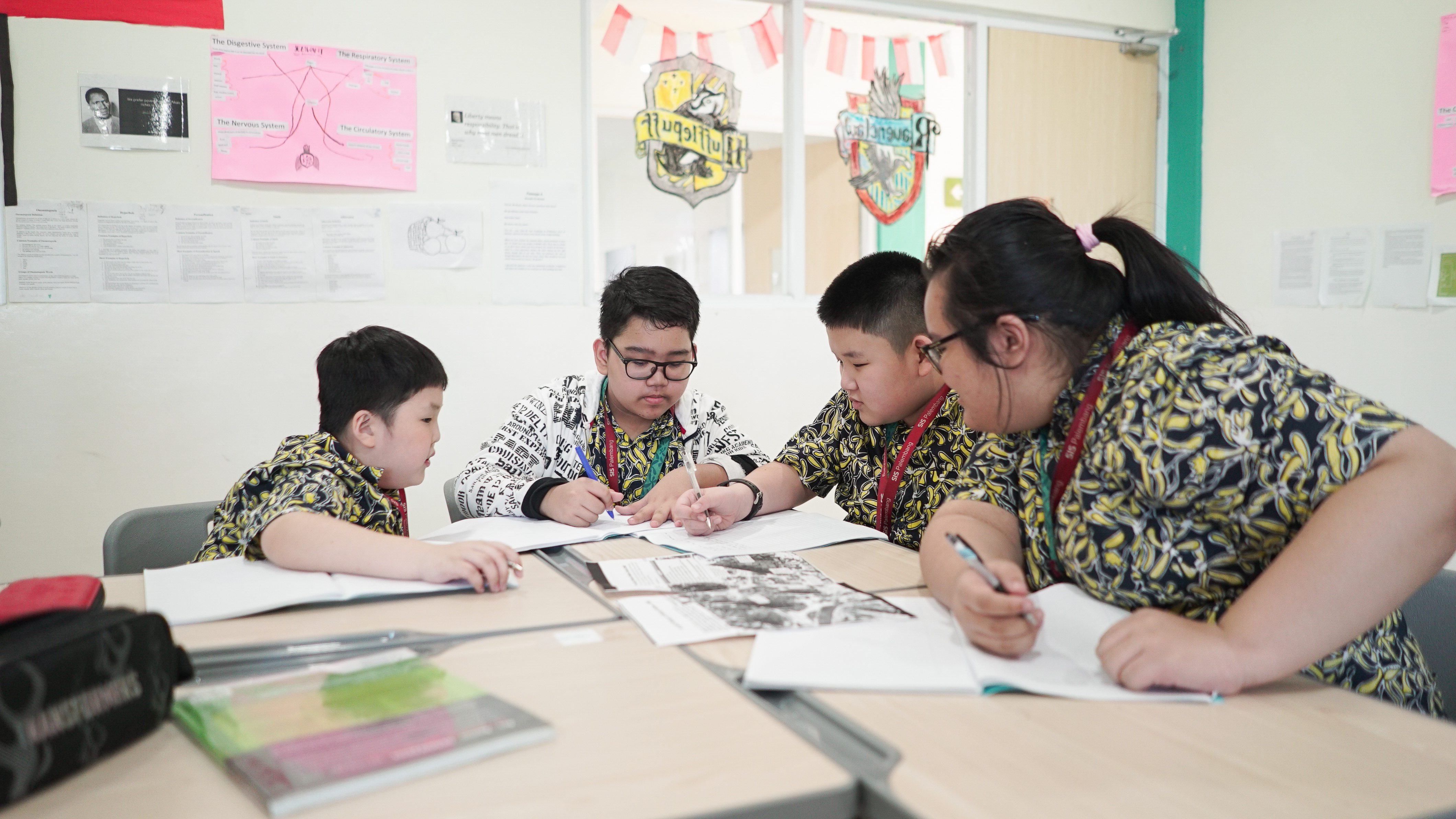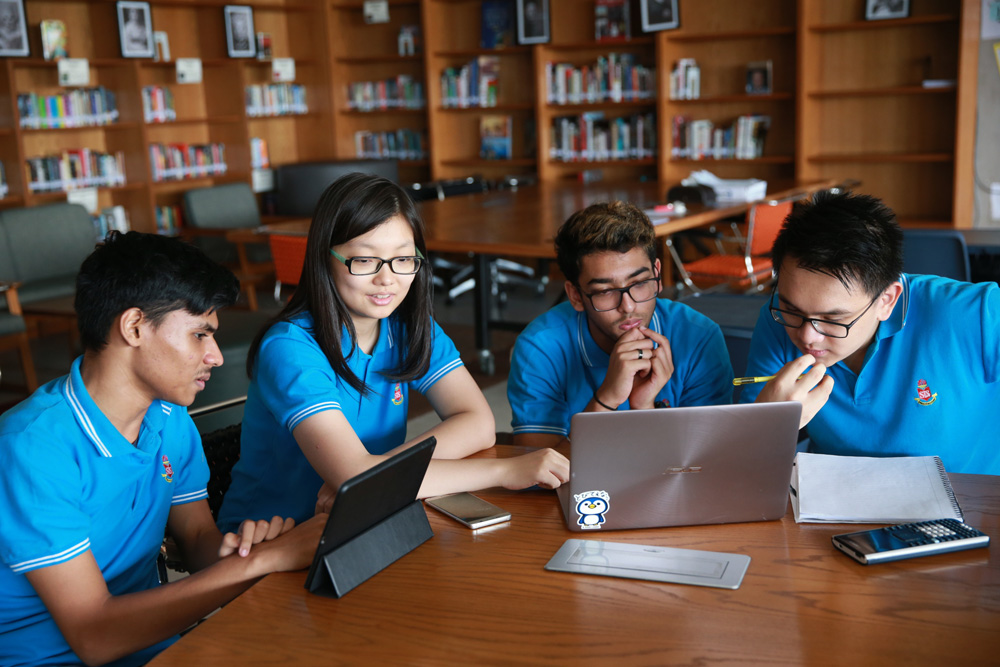Insights from Dr. Kurinjinathan: Evidence-Based Stress Management Tips for Educators
April 12, 2024Written by ASIS Education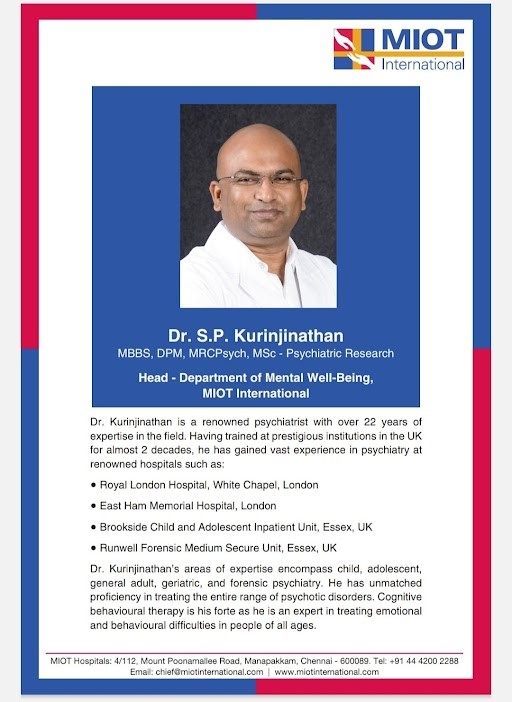
The teachers and staff of Anand Singapore International School recently had the privilege of attending a webinar on stress management conducted by Dr. Kurinjinathan, a renowned psychiatrist from MIOT Hospital. Dr. Kurinjinathan shared practical and scientifically-based strategies for managing stress at work, which we believe can benefit everyone. Here are some key takeaways from his insightful session, supported by relevant studies:
1. Move: Incorporate Physical Activity into Your Routine
Dr. Kurinjinathan emphasized the importance of avoiding prolonged periods of sitting at your desk. Instead, he encouraged movement throughout the day, whether it's taking short walks, getting a cup of coffee, or engaging with students in the corridor. According to a study published in the International Journal of Behavioral Nutrition and Physical Activity, even brief bouts of physical activity can improve mood and reduce feelings of stress and fatigue.
2. Gradual Changes for Stress-Free Adaptation
When considering making changes in your life, Dr. Kurinjinathan advised against abrupt alterations. Instead, opt for gradual adjustments to minimize stress on the brain. Research published in the Journal of Personality and Social Psychology suggests that gradual changes are more sustainable and less likely to trigger feelings of overwhelm or anxiety.
3. Slow Down and Savor: Mindful Eating for Stress Reduction
To promote mindfulness and relaxation, Dr. Kurinjinathan recommended slowing down daily activities, such as eating. By extending meal times deliberately, you allow your brain to process sensory experiences and reduce stress. A study published in the Journal of the Academy of Nutrition and Dietetics found that mindful eating practices are associated with lower levels of stress and improved overall well-being.
4. Engage Your Senses for Relaxation
Focusing on your senses can provide a welcome distraction from stressful thoughts and tasks. Dr. Kurinjinathan suggested incorporating sensory experiences into your day to relax the brain. Research in the Journal of Alternative and Complementary Medicine highlights the effectiveness of sensory-based interventions, such as aromatherapy and guided imagery, in reducing stress and anxiety.
5. Prioritize Sleep for Cognitive Function and Emotional Well-Being
Dr. Kurinjinathan underscored the importance of adequate sleep for stress management and overall health. Studies have shown that sleep plays a crucial role in memory consolidation and emotional regulation. Research published in Current Biology suggests that the first four hours of sleep are particularly crucial for memory consolidation and brain function, emphasizing the importance of achieving a full night's rest. Dr Kurinjinathan emphasized that 8 hours of sleep every night can heal the mind as well as the body.
6. Self-Care as a Non-Negotiable Priority
Finally, Dr. Kurinjinathan stressed the significance of prioritizing self-care to prevent burnout and maintain well-being. By ensuring that you have energy reserves especially after a day’s work, for activities you enjoy, you can better cope with work-related stress. A study published in the Journal of Occupational and Environmental Medicine found that self-care practices, such as hobbies and leisure activities, are associated with reduced stress and improved job satisfaction among educators.
Incorporating these evidence-based strategies into your daily routine can help you effectively manage stress at work and promote a healthier, more balanced lifestyle. Remember, small changes can lead to significant improvements in your overall well-being.
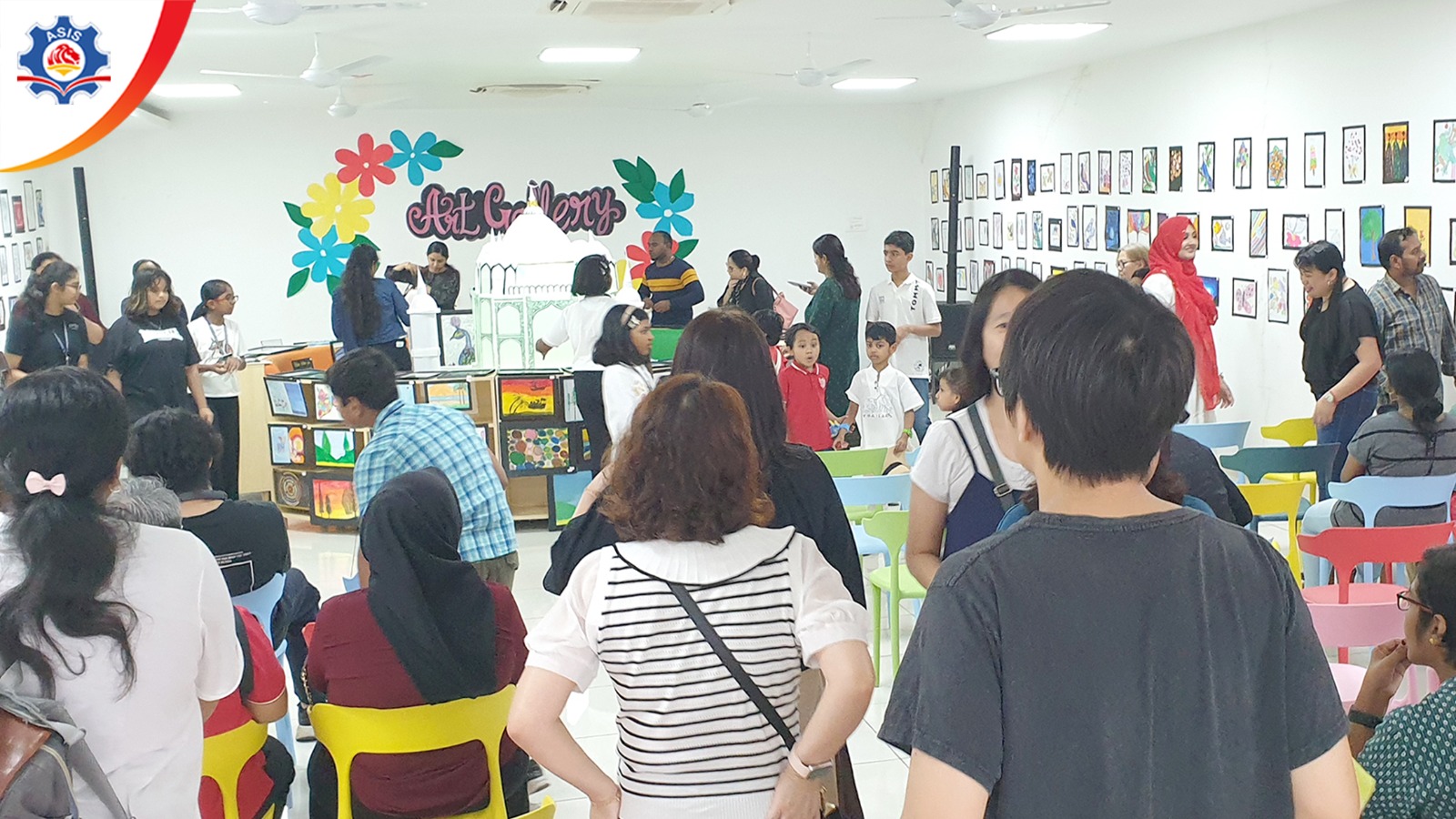
.jpg)
.jpg)
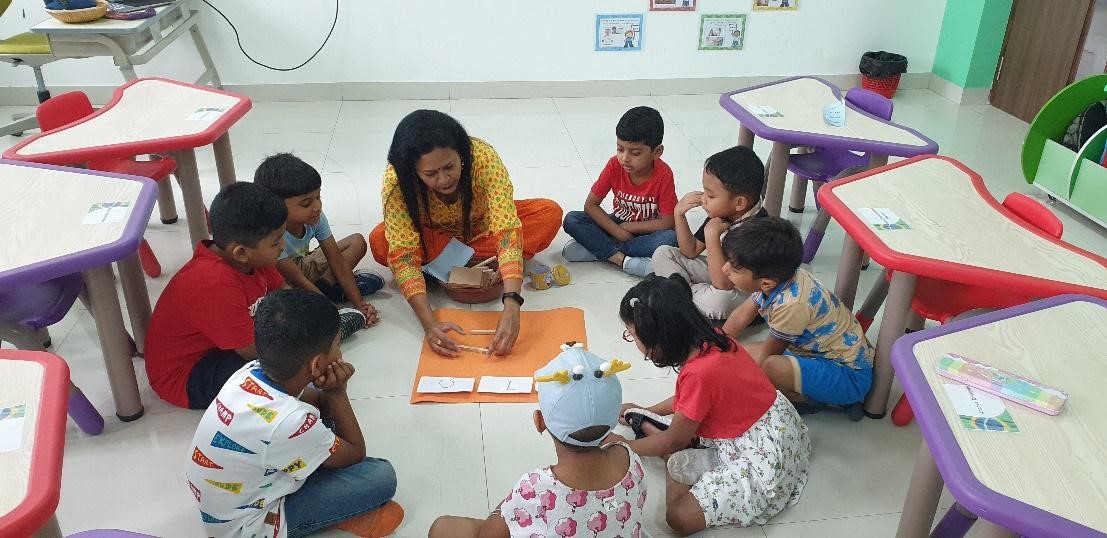
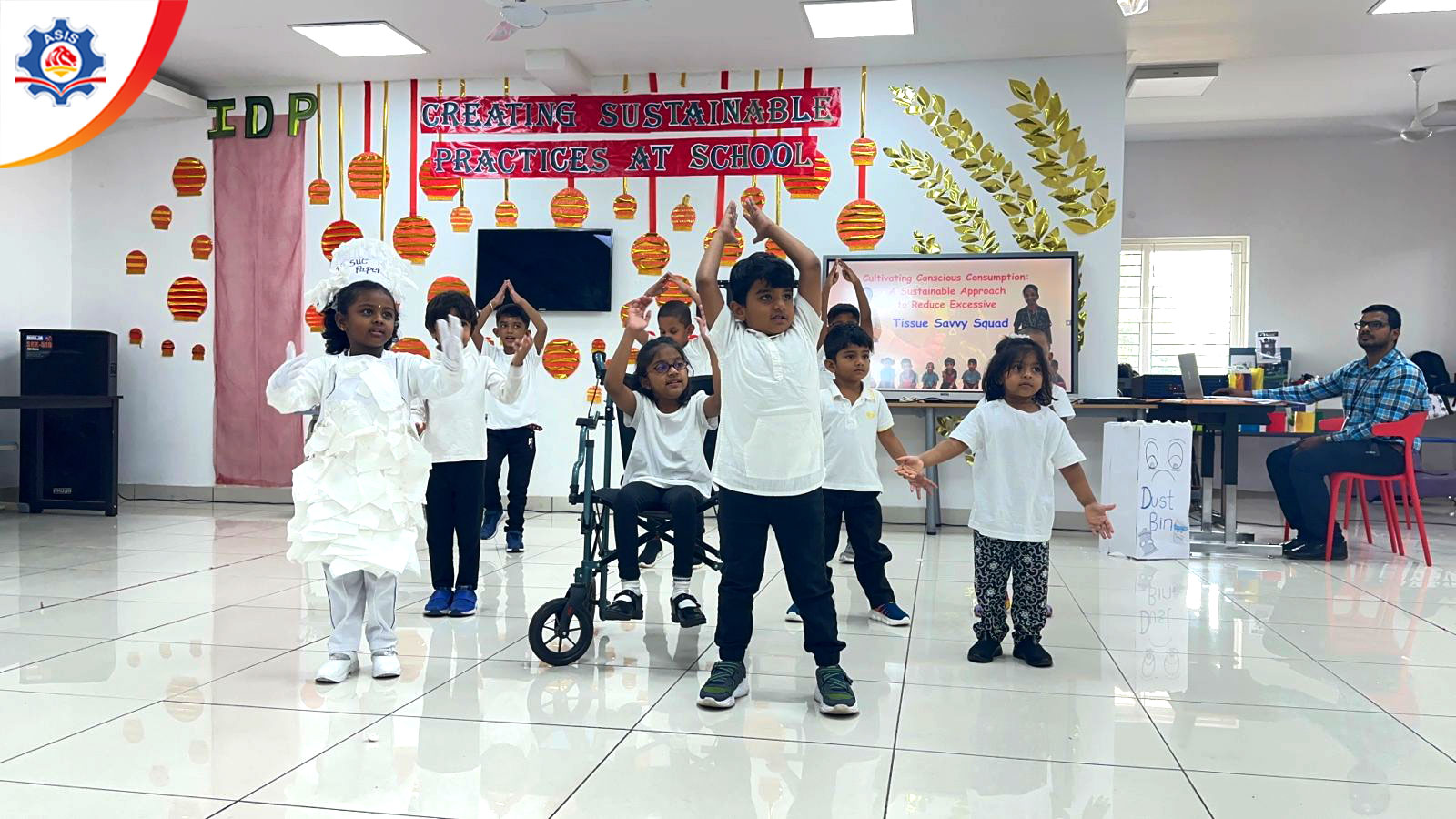

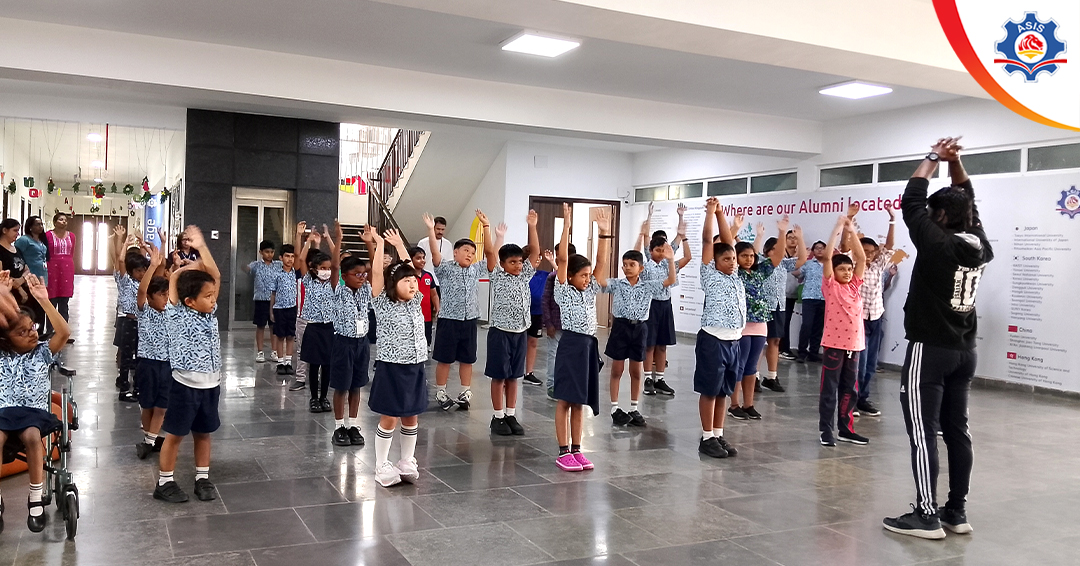
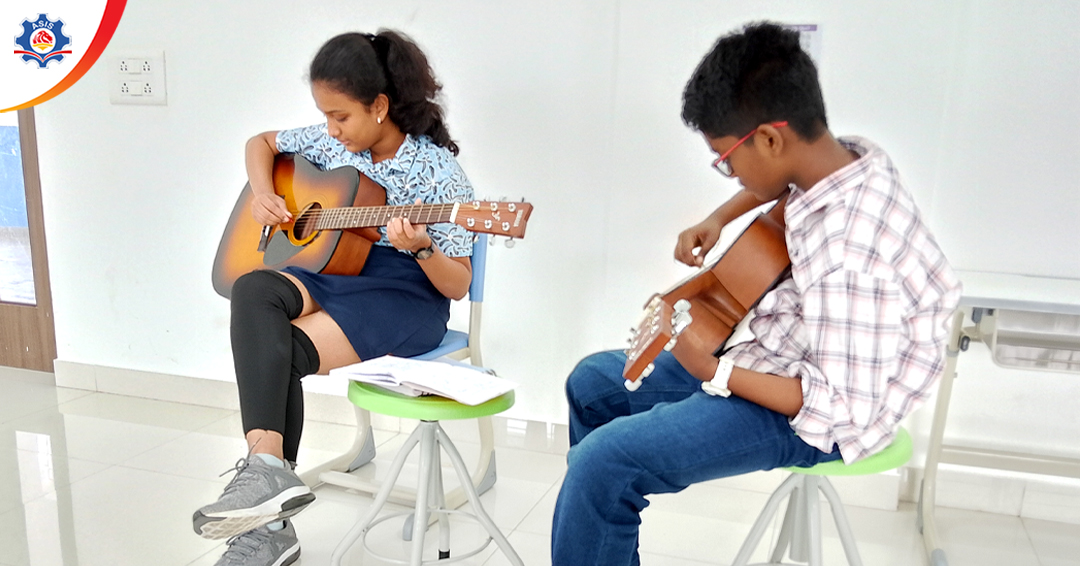
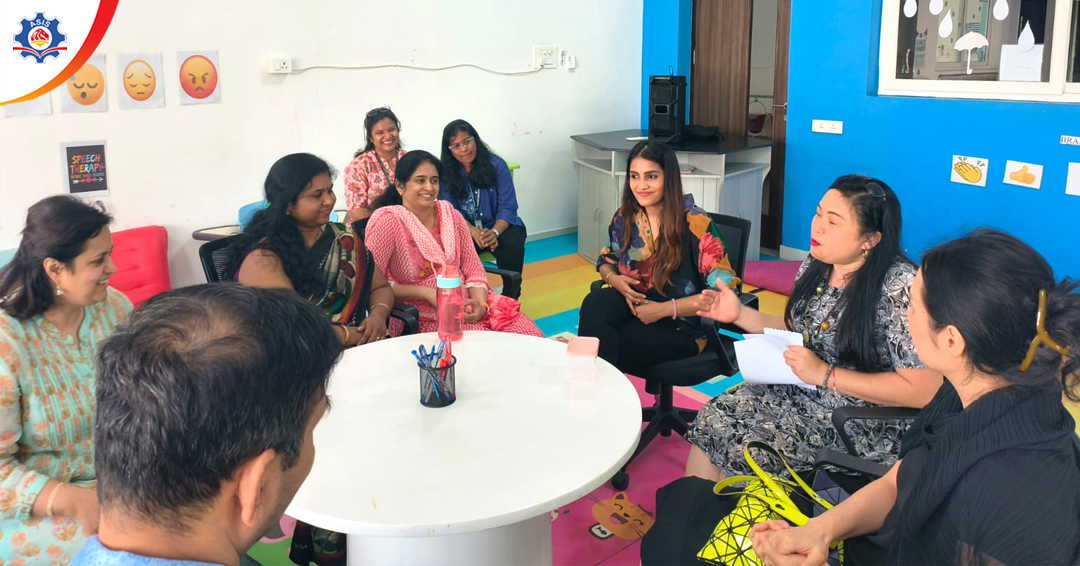
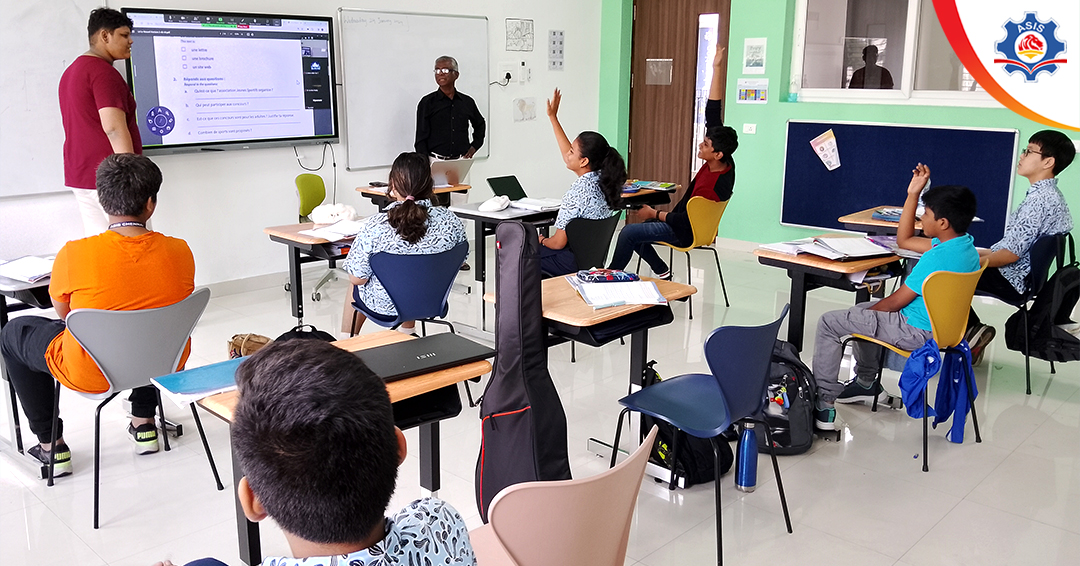


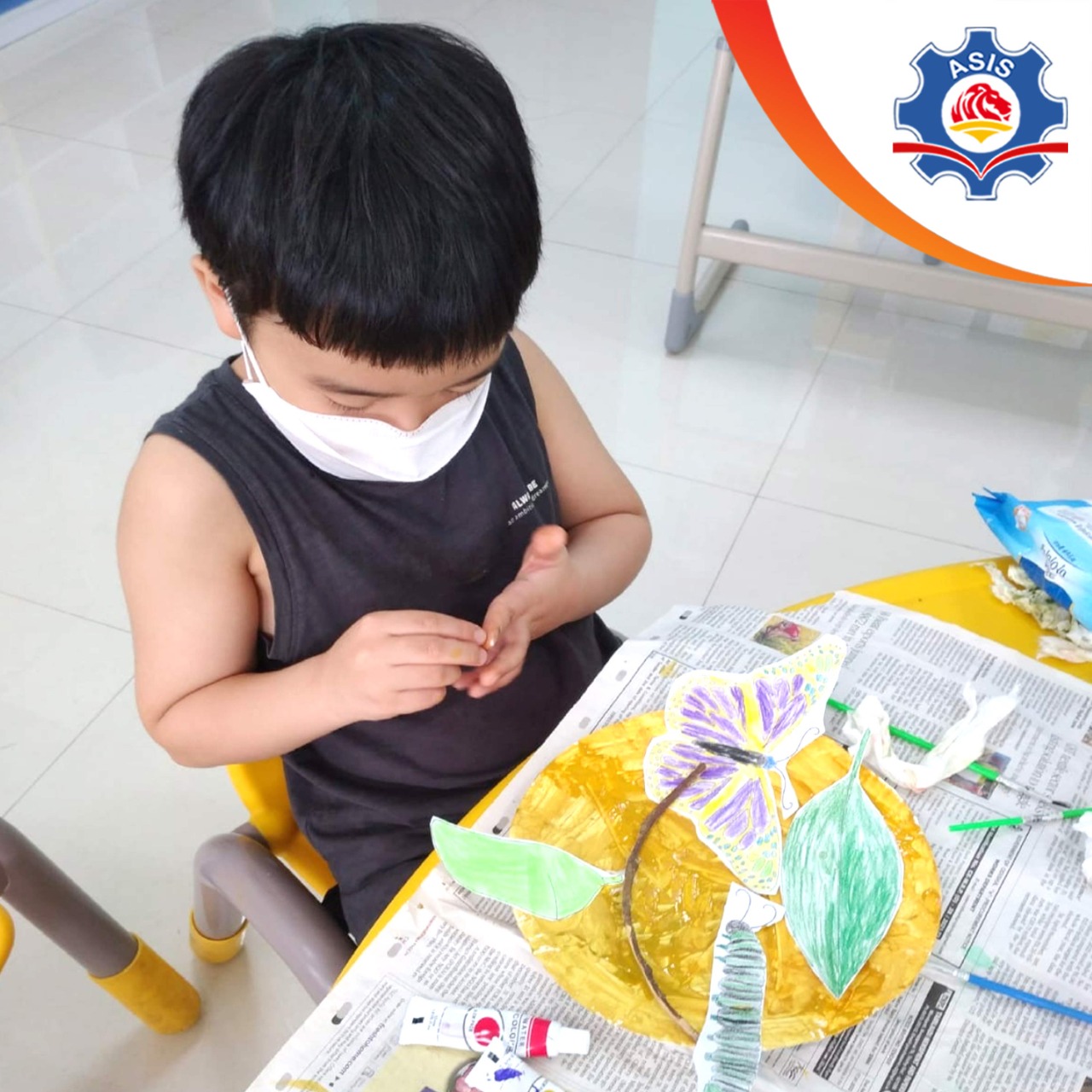
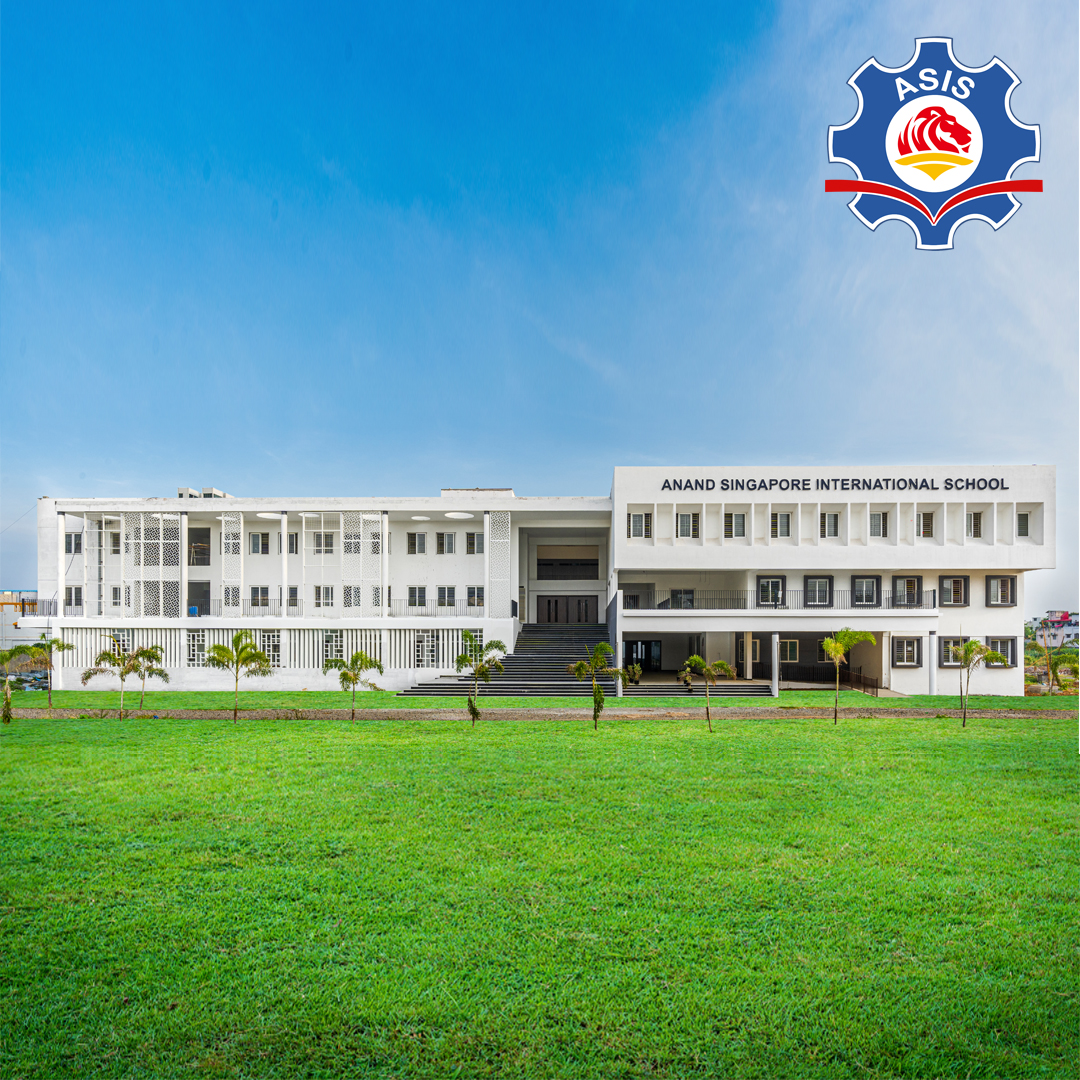

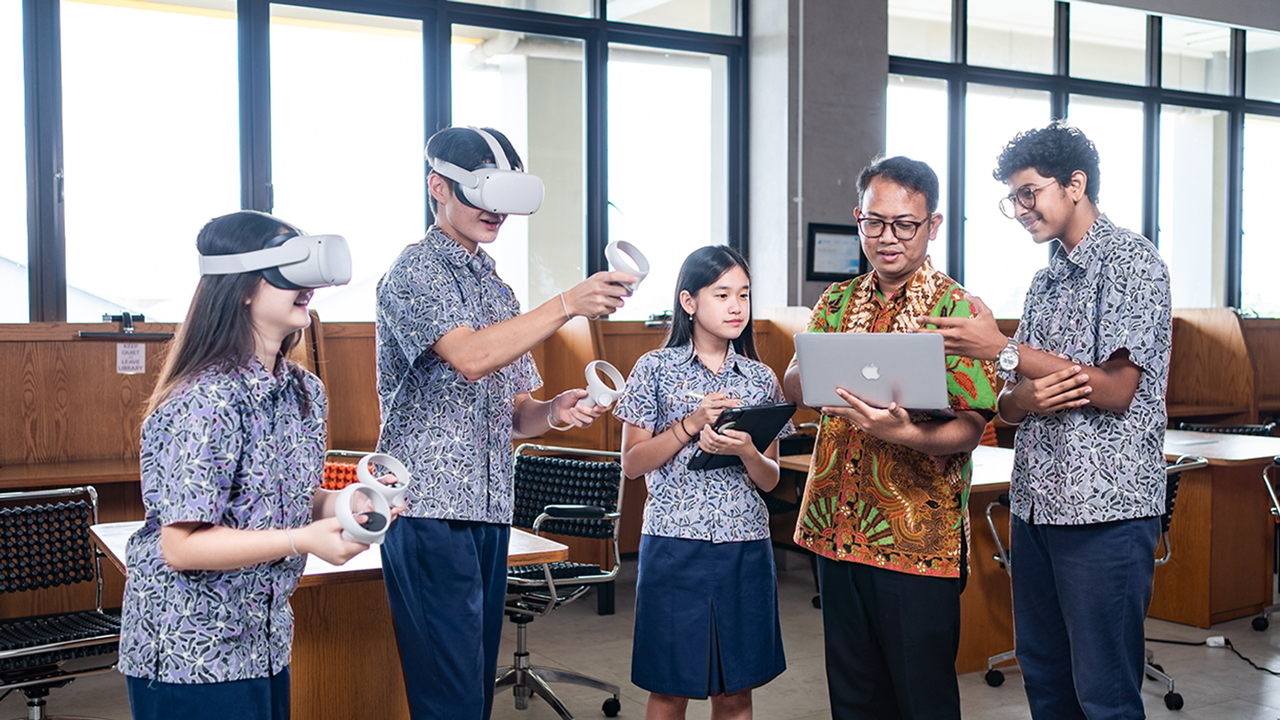


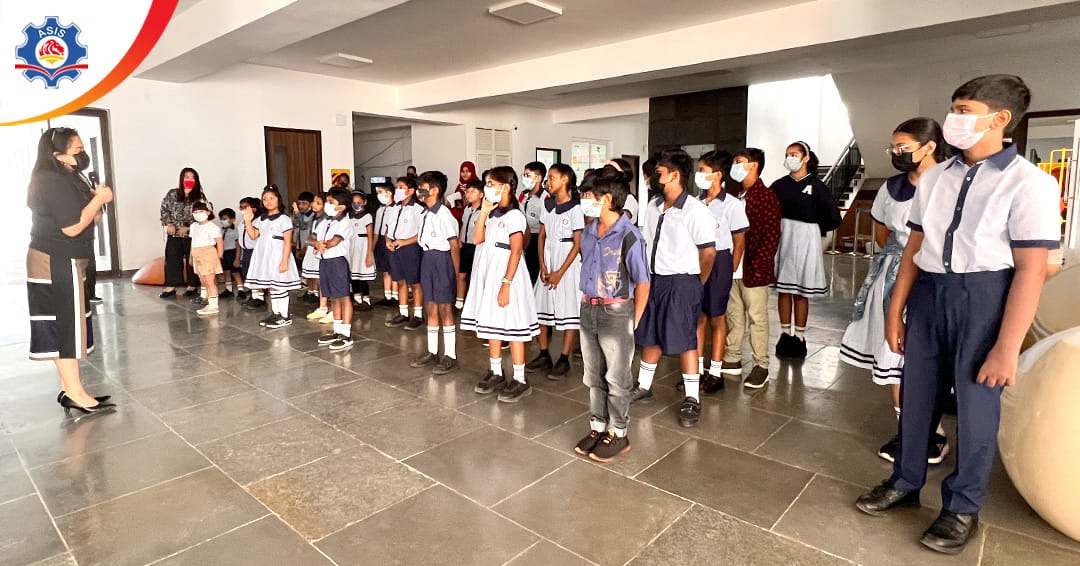
.jpg)

.jpg)





.jpg)


